
Ebony

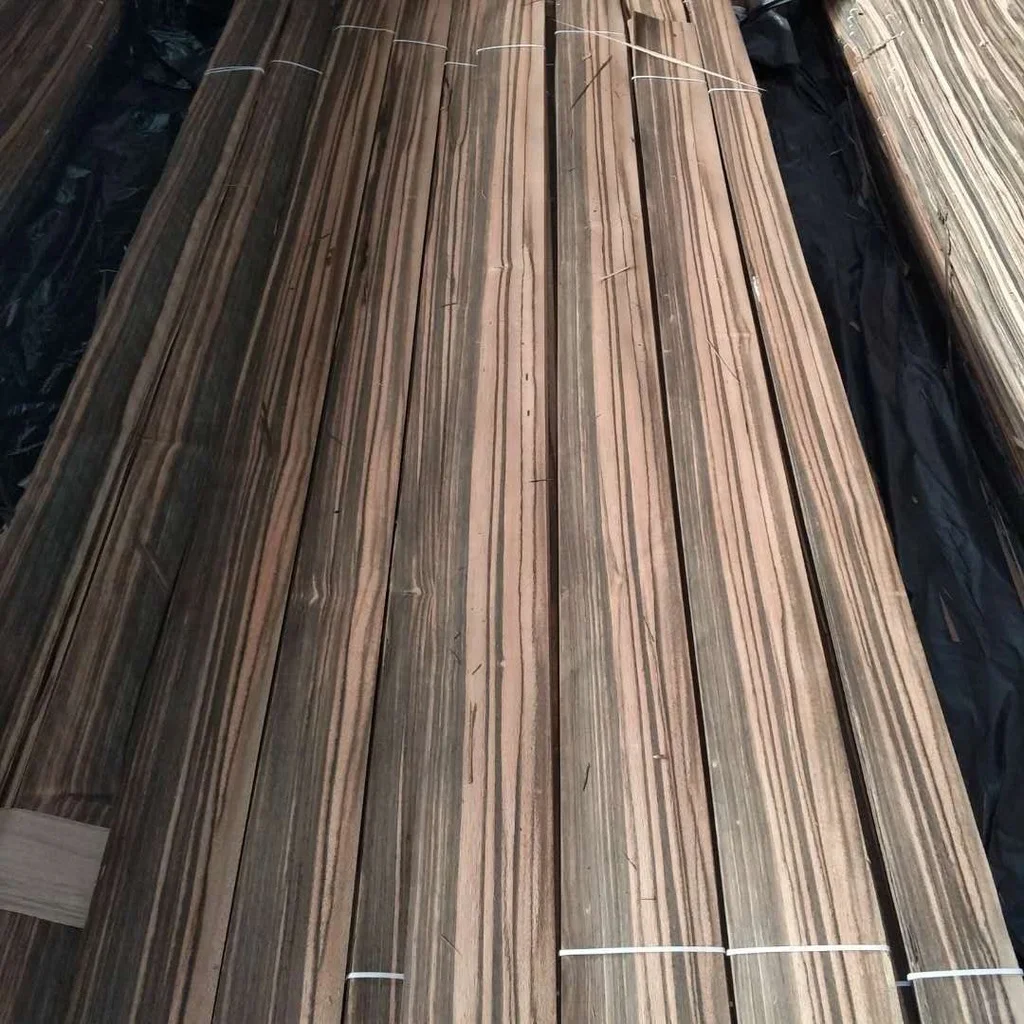
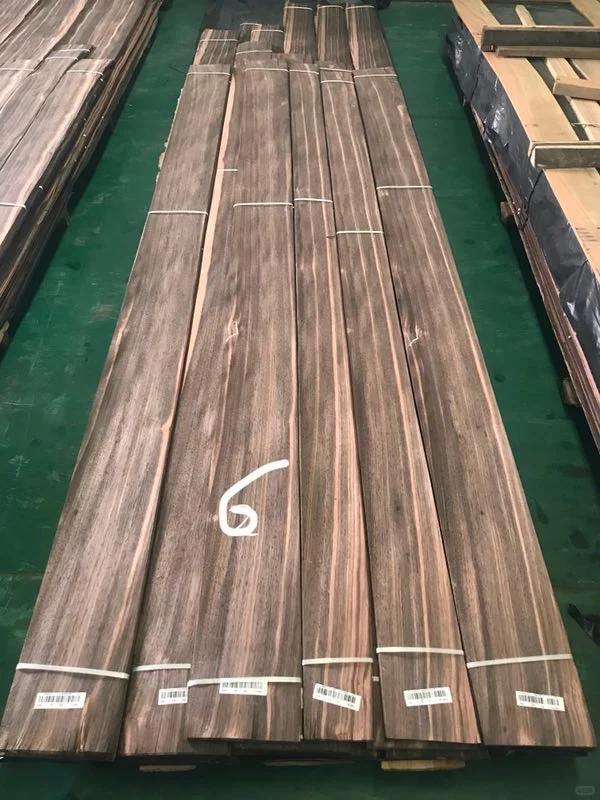
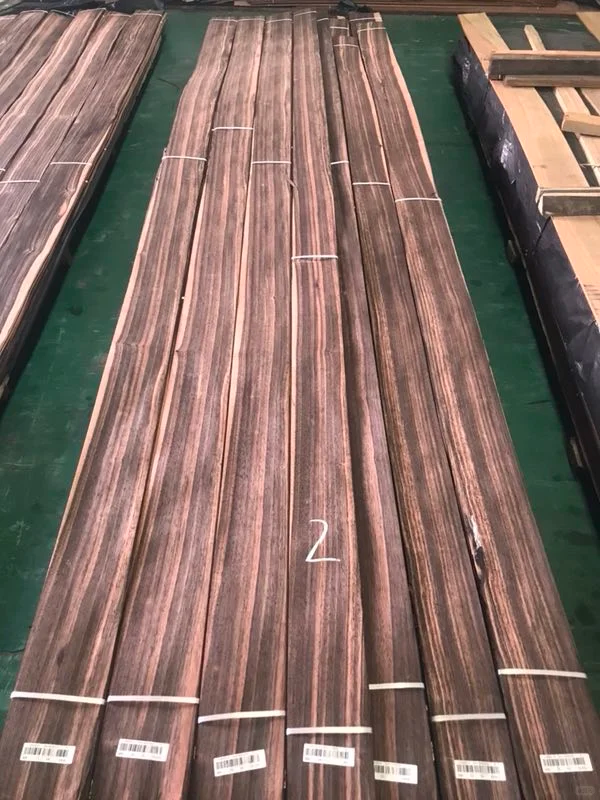
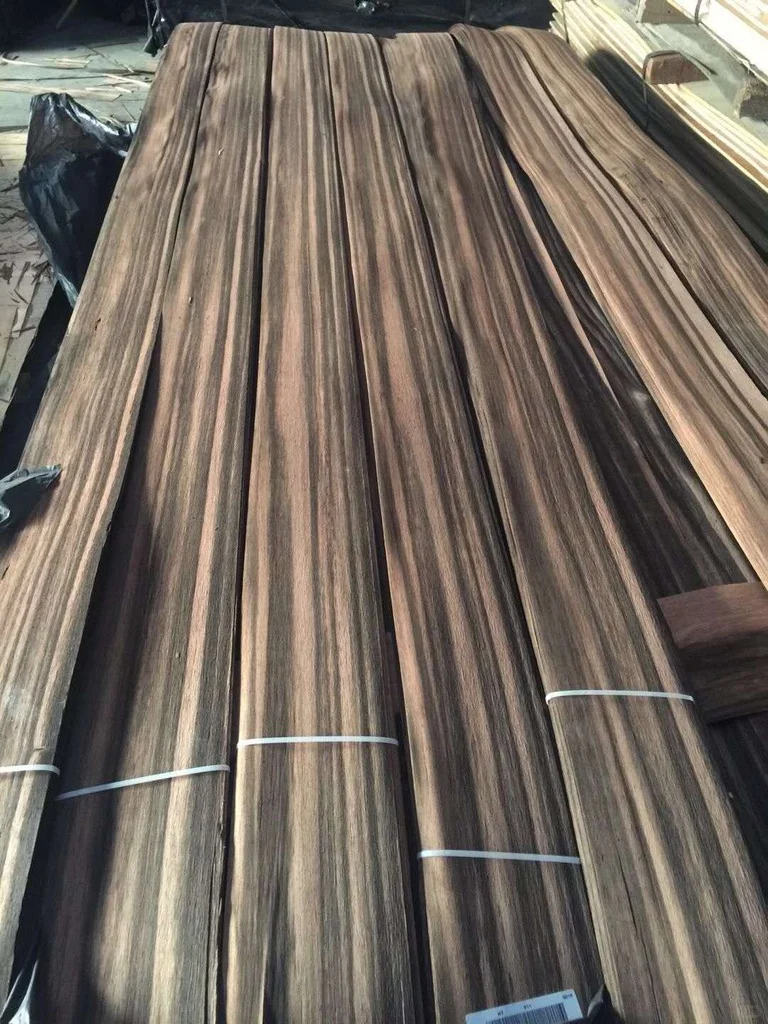
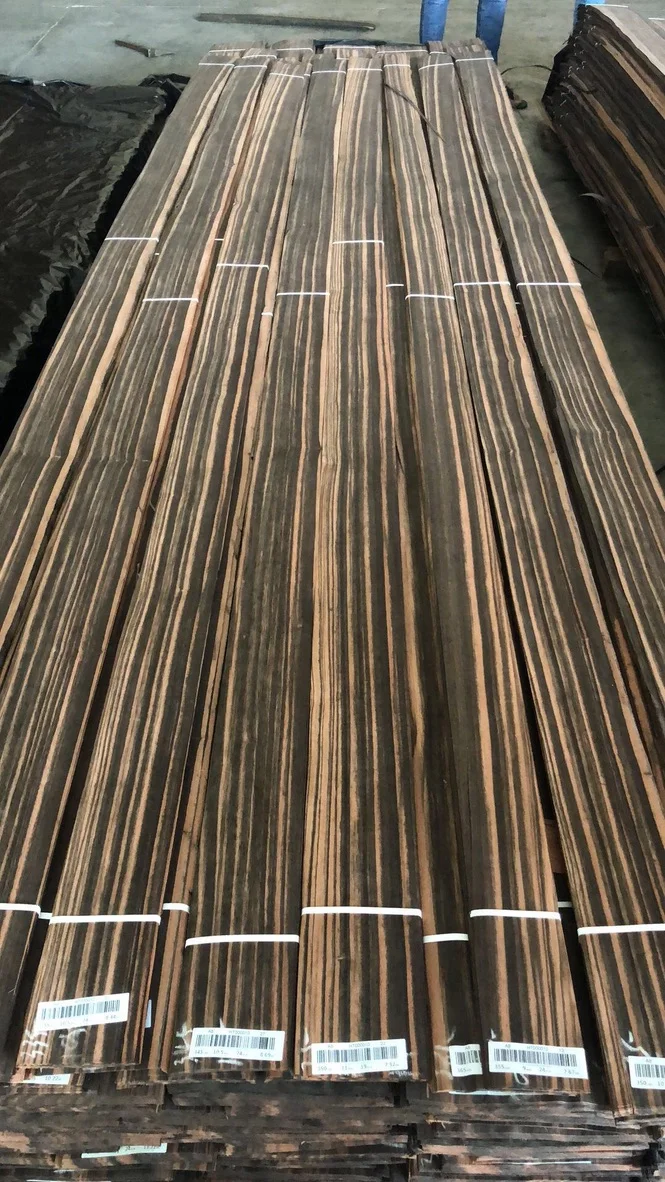
Whether Indonesian ebony veneer can be called Indonesia's "national calling card" among veneers can be explored from multiple perspectives. While Indonesian ebony (usually referring to Sulawesi ebony, scientifically known as Diospyros celebica) enjoys a high reputation in the international market, whether it adequately represents Indonesia's veneer industry requires analysis based on its characteristics, economic value, and cultural significance.
Why is it considered a "national calling card"?
1. Rarity and Uniqueness: Indonesian ebony, primarily sourced from the Indonesian island of Sulawesi, grows slowly and is a scarce resource. Its wood is known for its deep black base with distinctive golden or white streaks, and its fine and varied grain. This visual uniqueness makes it highly sought after in the high-end furniture, musical instruments, and decorative items market. This rarity makes it a "treasure" among Indonesian woods, a truly representative example.
2. Economic Value and International Reputation: Ebony is one of the world's most valuable woods, commanding a high price. It is often used in high-end furniture, carvings, and musical instruments (such as guitar fretboards). As one of Indonesia's major producers, ebony veneer and products contribute significantly to the national economy through exports. Its international recognition has enhanced the image of Indonesia's timber industry, making it a hallmark of Indonesia's natural resources.
3. Cultural and Historical Origins: In Indonesia, ebony is not only an economic resource but also carries cultural significance. It is often used in traditional handicrafts, reflecting Indonesia's artisanal traditions. This cultural value, combined with the high quality of the wood itself, has made it, to some extent, a symbol of Indonesia's nature and culture.
Why It Might Not Be a Complete "National Calling Card"?
1. Diversity of Veneer Types: Indonesia boasts abundant tropical rainforest resources, producing a wide variety of veneer types, such as teak, merbau, and coconut wood. Teak, due to its durability and wide range of uses, is equally renowned in the international market and may even be more representative than ebony. Using ebony veneer solely as a "national calling card" may overlook the contributions of other important woods. 2. Production and Sustainability Limitations: Due to excessive deforestation and slow growth, ebony is listed as a protected species (e.g., CITES Appendix), and the Indonesian government strictly controls its export. Consequently, the production of ebony veneer is relatively limited, making it difficult to fully represent the overall strength and scale of Indonesia's veneer industry.
3. Market Positioning: Ebony veneer primarily serves the high-end market and has a relatively niche application range. Other Indonesian woods, such as teak, are more widely used in mass markets such as construction and furniture, and have a more profound impact on the Indonesian economy. Therefore, in terms of popularity and influence, ebony veneer may not be as representative as other woods.
Quick View
You can check what you need
Copyright © 2023 E&R Wood Co,.Ltd All Rights Reserved. Powered By: www.300.cn SEO


 Factory: Zhouwei Village,Yanggongzhou,Shatian Town,Dongguan City,China
Factory: Zhouwei Village,Yanggongzhou,Shatian Town,Dongguan City,China 